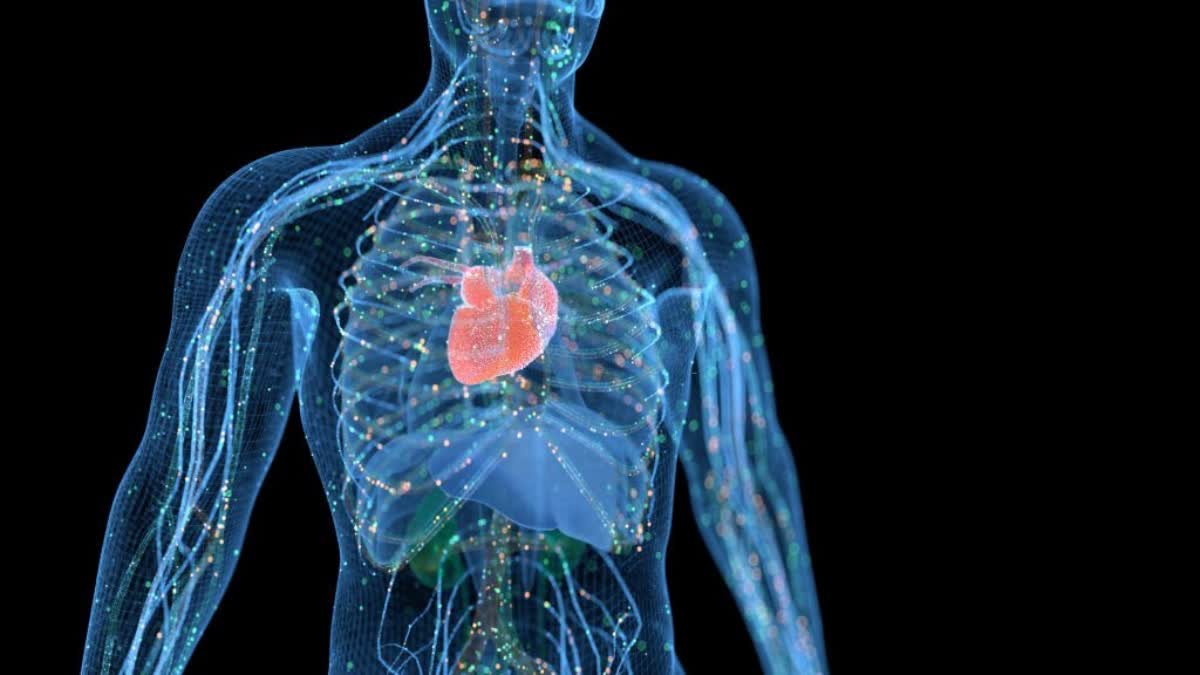New Delhi: Human body's natural process of removing old and damaged cell parts could be harnessed to treat infections like tuberculosis (TB), reducing reliance on antibiotics, according to a new study. Researchers at the Francis Crick Institute, UK, investigated genes important for bacteria to evade autophagy, a self-destruction mechanism cells resort to when stressed. Their study is published in Nature Microbiology.
According to the study, from induced pluripotent stem cells, a kind of specialist stem cells and are able to become any cell type in the body, the scientists engineered macrophages, or human immune cells. Following this, they disabled these macrophages from performing autophagy using genome editing tools. The cells were then infected with Mycobacterium tuberculosis, bacteria causing TB.
The scientists found that the infection took hold, replicating more within the edited macrophages and causing mass host-cell death. The results evidence the role of autophagy in controlling infections like TB. This pathway, if strengthened, could make existing antibiotic drugs more effective or present an alternative to drugs where bacteria have evolved resistance, the study said.
